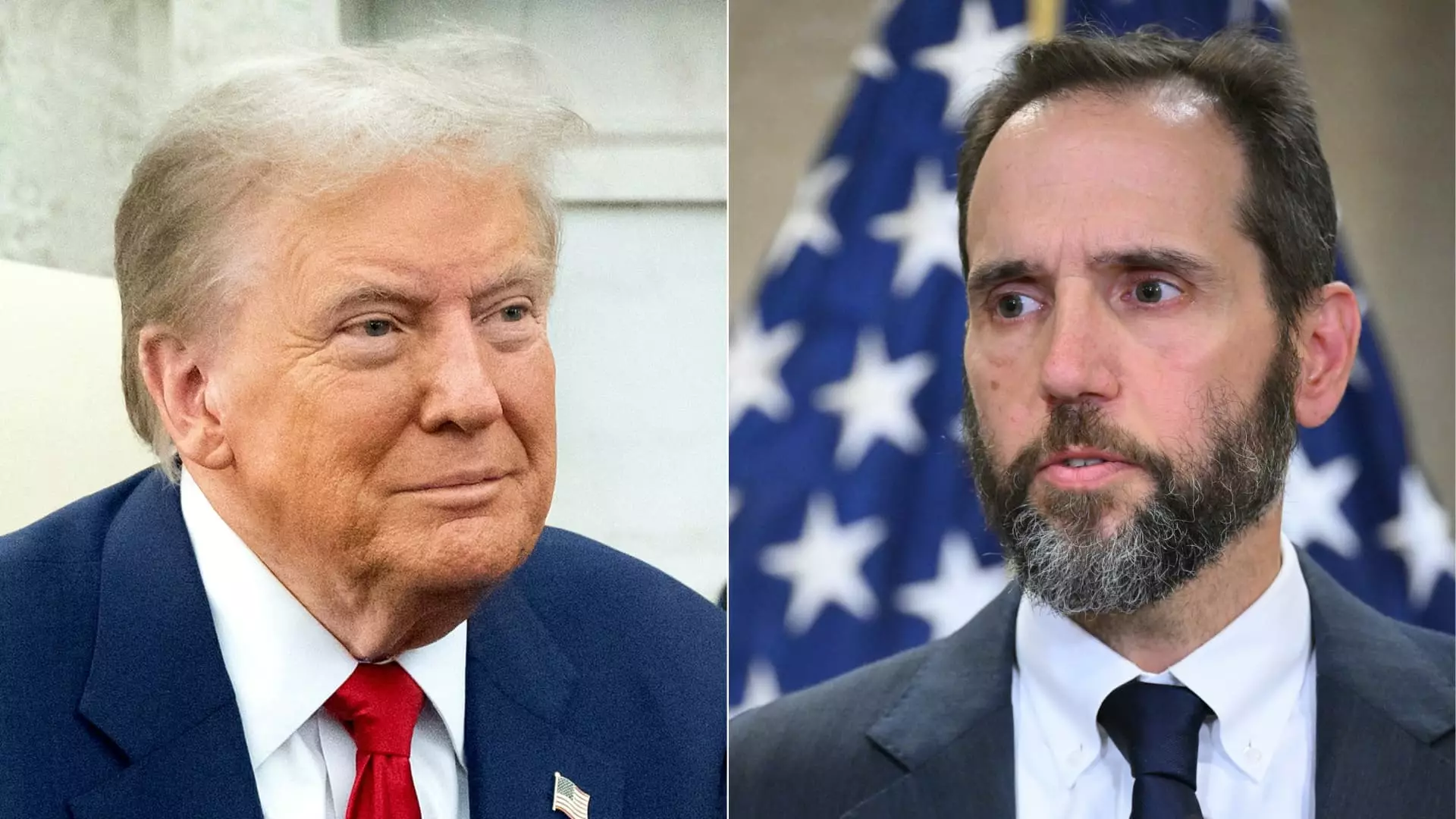In recent debates, the investigation into Jack Smith by the U.S. Office of Special Counsel has become a symbol of alleged political witch hunts. Critics, mostly from the right, loudly claim that this probe is an orchestrated effort to silence political rivals and manipulate the 2024 election cycle. Yet, this narrative is fundamentally flawed, rooted more in speculation than fact. The OSC’s role is often misunderstood, being portrayed as a tool for partisan revenge rather than an impartial agency tasked with enforcing the Hatch Act. It’s crucial to recognize that the OSC’s investigations are routine and grounded in legal procedures, not political vendettas. Reactionary claims that the OSC is overstepping lack nuance, disregarding the agency’s limited authority, and ignoring the broader context of legal accountability.
The Reality of Institutional Constraints and Legal Boundaries
Contrary to accusations, the OSC does not possess the capacity to prosecute criminal cases—its role is largely investigatory and disciplinary. The skepticism toward Smith’s actions, especially from figures like Senator Tom Cotton, often ignores this procedural reality. Calling for an investigation into “unprecedented interference” conveniently sidesteps the fact that the agency is designed to review violations of federal conduct standards, not to participate in political battles. Furthermore, the notion that Smith’s work was influenced or directed by broader political agendas is speculative and not supported by concrete evidence. It is vital to distinguish between legitimate oversight and baseless conspiracy theories that seek to politicize legal processes for short-term gains.
The Double Standard and Eroding Faith in Justice
What’s particularly troubling about the current climate is the double standard that seems to permeate political discourse. When Republicans criticize Jack Smith, they frame the investigation as a violation of neutrality, yet they often dismiss similar investigations against their allies as unfounded or politically motivated. This inconsistency undermines trust in the justice system and feeds cynicism among the public. Genuine accountability requires fair, transparent processes free from political interference—not hollow accusations designed to deflect from misconduct. For example, the lack of charges or trials against Trump despite multiple indictments reveals the complexity of legal proceedings—something conveniently overlooked by critics eager to paint Smith as a partisan actor.
A Deeper Need for Civil Liberties and Fairness
As a center-leaning liberal, I believe a balanced approach rooted in fair legal standards is essential. Politicizing investigations risks turning justice into a game of winners and losers, eroding the core principles of our democratic society. While skepticism about power and transparency is healthy, it cannot justify neglecting the importance of impartiality. The debate surrounding Jack Smith should serve as a reminder: true progress demands adherence to rule of law and resist temptation to manipulate institutions for political gain. Instead of fueling divisive narratives, Americans should advocate for an honest, accountable system that upholds justice above party loyalty.

